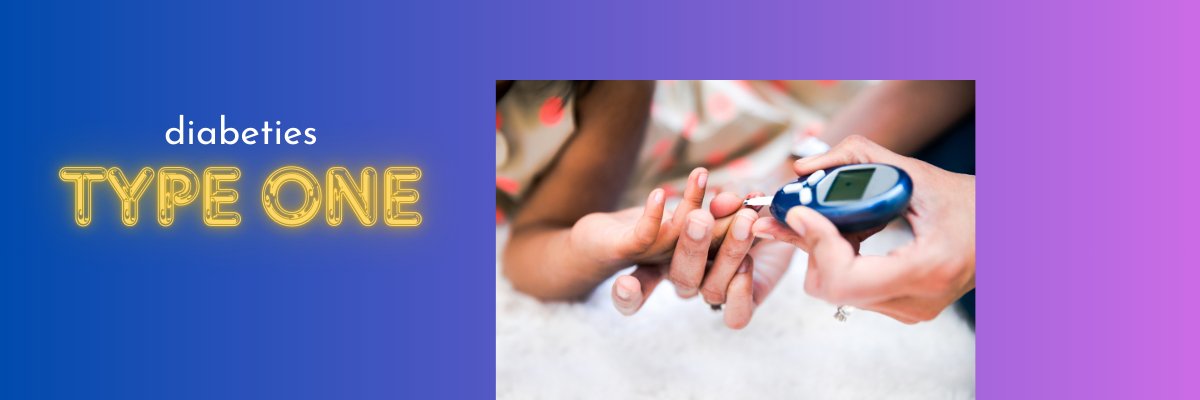1/What is type 1 diabetes?
Type 1 diabetes is a chronic autoimmune disease that prevents your pancreas from producing insulin.
- Insulin is an important hormone that regulates your blood glucose. Under normal circumstances, insulin works in the following steps:
- Your body breaks down the food you eat into glucose, which is your body's main source of energy.
- Glucose enters your bloodstream, which signals your pancreas to release insulin.
- Insulin transports glucose from your blood to your muscle, fat, and liver cells. Allowing penetration so they can use it for energy or store it for later use.
- When glucose enters your cells and your blood flow decreases, it signals your pancreas to stop producing insulin.
2/What causes type 1 diabetes?
Reason:
The exact cause of type 1 diabetes is still unknown, but scientists believe that the disease depends partly on genetic and environmental factors. The disease is thought to be caused by an autoimmune reaction that destroys the body's own insulin-producing cells.Type 1 diabetes develops when your immune system mistakenly attacks and destroys the cells in your pancreas that make your body's insulin. This destruction can occur over months or years, eventually leading to a complete lack of insulin.
3/ Complexity:
Type 1 diabetes can lead to a variety of complications if blood sugar levels are not controlled for a long time. These include:-
- Nephropathy: Damage to the kidneys.
- Retinopathy: Damage to the eye.
- Neuropathy: Nerve damage.
- Heart Disease: Various heart problems.
- Clean feet: Infection spreads through sores on the feet.
4/ Treatment:
There is no cure for type 1 diabetes. However, it may be possible to manage the disease by controlling blood sugar levels with regular insulin injections or an insulin pump.5/ Other means of treatment:
- Healthy eating habits: eating well, exercising regularly and controlling body weight.
- Regular blood sugar level testing: Regular blood sugar level testing with the help of glucometer.
- Taking medicines as per doctor's advice: Taking other medicines as per doctor's advice.
- Lifestyle changes: stop smoking, reduce stress etc.
- Remember: Type 1 diabetes is a lifelong disease, it is important to help the patient and the patient's family members to properly recover from this disease.
- Types of Type 1 Diabetes:
- Type 1 diabetes.
- Gestational diabetes.
- Maturity onset diabetes in the young.
- Neonatal diabetes.
- Wolfram syndrome.
- Alstrom syndrome.
- Latent autoimmune diabetes in adults.
- Type 3C diabetes.
- Steroid-induced diabetes.
- Cystic fibrosis diabetes.
If you want to know more about type 1 diabetes, contact a good diabetes doctor as soon as possible.












